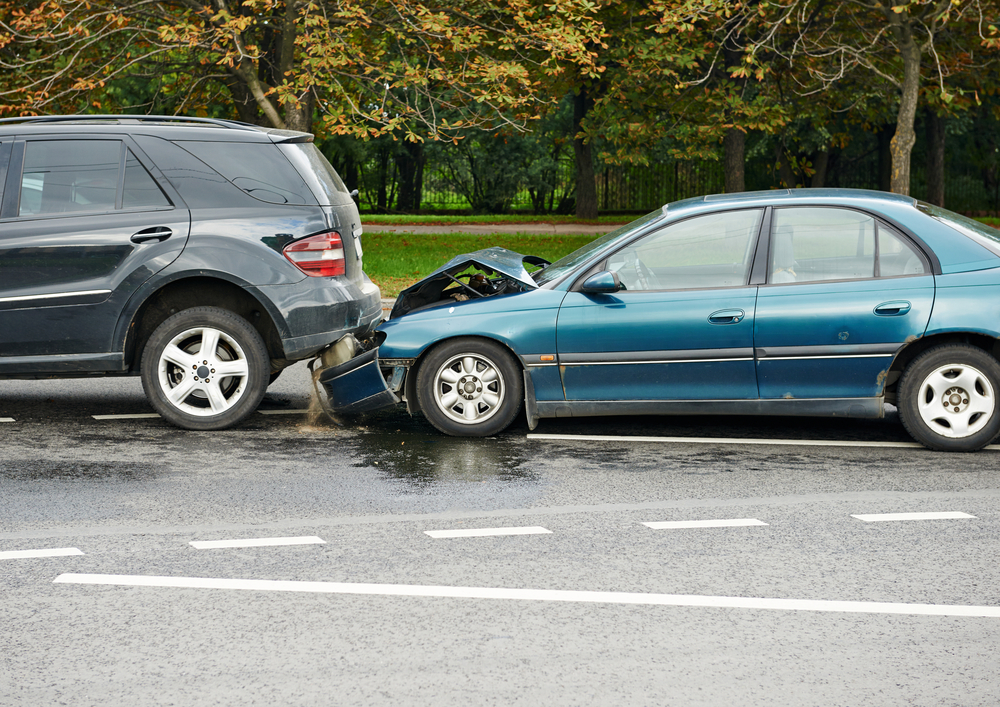Many people refer to motor vehicle collisions as car accidents. However, using this term might not accurately reflect what happened. If another driver crashed into your vehicle, he or she might be at fault. According to the founder of Families for Safe Streets, referring to a crash as an accident makes it sound like it was unavoidable. While the other driver likely did not intend to hit your car, using the word “accident” can be misleading and could actually benefit the defense lawyer and the insurance company. Because of this, using at-fault language might be a better approach when negotiating with the insurance company.
Importance of Using At-Fault Language
Words are powerful, and the words that you use to describe what happened in a collision can create unconscious assumptions. Using the word “accident” to refer to your car crash implies that no one was at fault. Using at-fault language to describe what occurred provides a clearer picture of what happened.
For years, people have referred to automobile collisions as accidents. However, doing so conveys the idea that what happened could not have been prevented. By contrast, using the word “crash” implies something more, including that someone caused the collision. Changing the terminology that is used following traffic collisions provides listeners with a subconscious impression that someone did something or failed to do something, leading to the crash. This also helps to convey the idea that the at-fault person or entity should be held responsible.
Why the Words “Crash” or “Collision” Should Be Used
Car wrecks are violent events. Motor vehicle crashes cause the deaths of tens of thousands of people in the U.S. every year and injure many more. Traffic crashes also result in millions of dollars in property damage. The public needs to be reminded that these incidents are serious and that each statistic represents real people and pain.
The word “accident” can be used to describe everything from a small child soiling a diaper to someone causing a collision. When someone veers into another lane and strikes a car head-on, it can result in devastating injuries and losses involving medical bills, income losses, insurance companies, and attorneys. By contrast, a small child soiling a diaper will only result in the need for a diaper change. Using the word “accident” to describe both of these incredibly different circumstances does not properly convey the meaning of what happened in a traffic crash. Most traffic collisions are caused by driver negligence, including speeding, distracted driving, aggressive driving, drunk driving, and others. When this type of conduct causes a collision resulting in injuries, fatalities, and/or property damage, the incident should be referred to as a crash or a collision rather than an accident.
At-Fault Language in Personal Injury Claims
In personal injury claims following automotive crashes, insurance companies and defense lawyers will frequently refer to what happened as an “accident.” They do this to reinforce the belief that what happened was unavoidable and that their insureds were not at fault. By describing the incident in this way, insurance companies try to make it more difficult for negligence victims to recover fair compensation for their losses.
Experienced traffic collision attorneys understand the power of words and characterize traffic collisions as crashes. This helps to cement the idea that someone was at fault and should be held liable for the losses suffered by the victims.
Get Help from an Experienced Attorney
If you have suffered serious injuries or have lost your loved one because of traffic violence, you should reach out to an experienced attorney at the Law Offices of Bryan Musgrave to schedule a free, no-obligation consultation. Contact us today by calling 417-322-2222 or sending a message online to learn about your rights.

